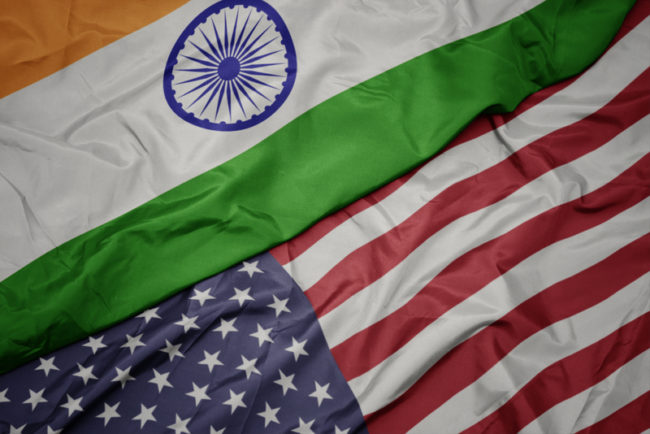
Russia’s denunciation of its treaty with NATO on Conventional Armed Forces in Europe (CFE) ends the last set of rules constraining both sides and opens a Pandora’s box that goes far beyond the Ukraine war and could seriously undermine Euro-Atlantic security.
The denunciation on Friday came at the start of Ukraine’s counteroffensive for victory in its existential war against Russian invaders. To bolster Kyiv, the US-led allies have provided over $180 billion dollars in weapons, ammunition, logistics and humanitarian aid to Ukraine, with most of the money and materiel coming from the US.
Yet, no ally including Washington has voiced confidence that Kyiv can score the unconditional victory over Moscow’s forces needed to fully liberate Ukraine and secure a stable longer-term peace. U.S. Joint Chiefs chairman Gen. Mark Milley said last week, “…this will be a back-and-forth fight for a considerable length of time.”
So, the only choice may lie in finding a formula for de-escalation and an eventual end to the war. Despite the current fierce refusal of both Kyiv and Moscow to talk, there is no other path to avoid more human suffering and the further destruction of entire cities and regions in Ukraine. Nor is there another path to conclusively prevent the war from spreading to the NATO allies and the rest of Europe.
The process must start now, before the war becomes entrenched as a protracted unsolvable war of attrition and the warring sides become so steeped in hate that only massive mutual destruction will push them to negotiations.
President Joe Biden has an exceptional opportunity to engage neutral India as a partner for starting the long process for ending the war when Prime Minister Narendra Modi arrives for a state visit on June 22.
Helping to end the killing is in India’s interest. It is important for realizing Modi’s ambitions for a Self-Reliant India that wins economic partnership with G-7, the US-led club of the world’s seven richest democracies, and delivers economic uplift to the Indian people.
Modi is the only world leader who still has Vladimir Putin’s trust because India, unlike China, will never be a military or diplomatic threat to Russia. He is also the only Asian leader keenly determined to prevent Moscow from becoming subservient to Beijing if Russia’s military faces more reverses in Ukraine. Success could also land India a coveted permanent seat in the UN Security Council.
Above all, it is vital through all of this to keep the focus on Euro-Atlantic security. That includes preventing China from muscling into European affairs as it is already trying to do with its own pro-Russian peace initiative.
Despite imperfections, Modi’s India shares fundamental values of rule of law and democracy that animate the US regardless of who presides in the Oval Office. Beijing is far from those values.
Last year, the US became India’s largest trading partner with a record $191 billion and American companies have now invested at least $54 billion in India, from manufacturing to telecommunications. Indian companies have invested over $40 billion in the US and support 425,000 jobs from California to Georgia. India is also buying over 200 Boeing aircraft, providing support for 1 million-plus jobs across 44 States.
The Lowy Institute’s Asia Power Index 2023 forecasts India’s gross domestic product (GDP) at $17.9 trillion in 2030 at purchasing power parity (PPP), making it the world’s third largest behind the US and China.
Importantly, starting pragmatic steps to end the war is vital for Euro-Atlantic security. Signed in 1990, the CFE treaty was dormant since 2007 when Moscow suspended participation. Its utter collapse now widens the Ukraine war into an unpredictable long-term military confrontation between Russia and NATO because it removes all guardrails against Russian buildup of conventional weapons.
Although the possibility of nuclear war gets a lot of attention, the invasion of Ukraine has demonstrated that conventional war can be extraordinarily lethal and destructive. So, it deserves intense focus from arms control proponents and negotiators.
Currently, the level of jeopardy and potential catastrophe for all Europeans is significantly heightened by the expiration or near collapse of all arms control agreements with Russia, including those on nuclear arsenals and various categories of conventional and nuclear missiles.
Worse, there are no arms control discussions on the emerging lethal areas of cyber warfare, space warfare, and warfare using drones and other weapons relying on artificial intelligence, including autonomous lethal weapons.
With all eyes riveted on Ukraine’s fate, the wider perils of Euro-Atlantic security against a permanently belligerent Russia may be put on the backburner for too long. There are no significant arms control contacts currently between Washington and Moscow or NATO and Moscow. Progress is not possible so long as Moscow sees the war as a proxy conflict by the US and NATO.
















